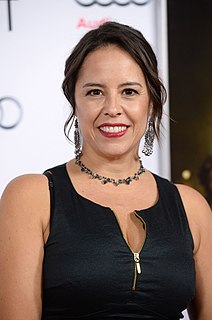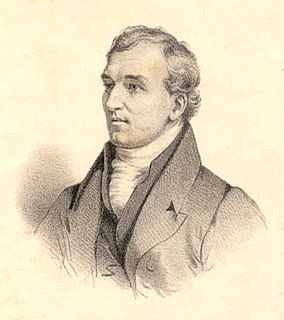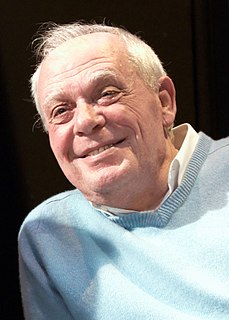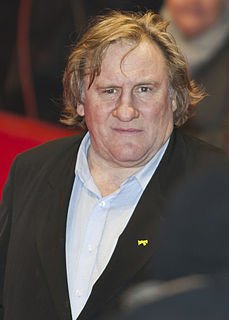A Quote by Patricia Riggen
It's a very tricky relationship, the cinematographer and the director as a woman.
Quote Topics
Related Quotes
I'm the most experienced cinematographer in this medium, so there's no point in having that extra conversation in the middle of the loop. You're making the film in relation to what's happening now, and you can't really affect what's happening now. It's not like you're in control of anything in front of the camera. If you're calling yourself the director and you're not the cinematographer, I think you're kidding yourself.
To be a great director, what does it mean exactly? It's not only about a great director, but also about being able to rely on the very special chemistry that goes between them. It not only has to be a great director, but the great director has to make his relationship to you, the actor, very special.
I had done it all in my career. I always felt, as a kid, that that's what a director needed to be. Hitchcock could do anything in my mind. He's the director. That person has to be the best actor, the best designer, the best cinematographer. Then I came to realize that isn't the case. You just need to surround yourself with the best.





































